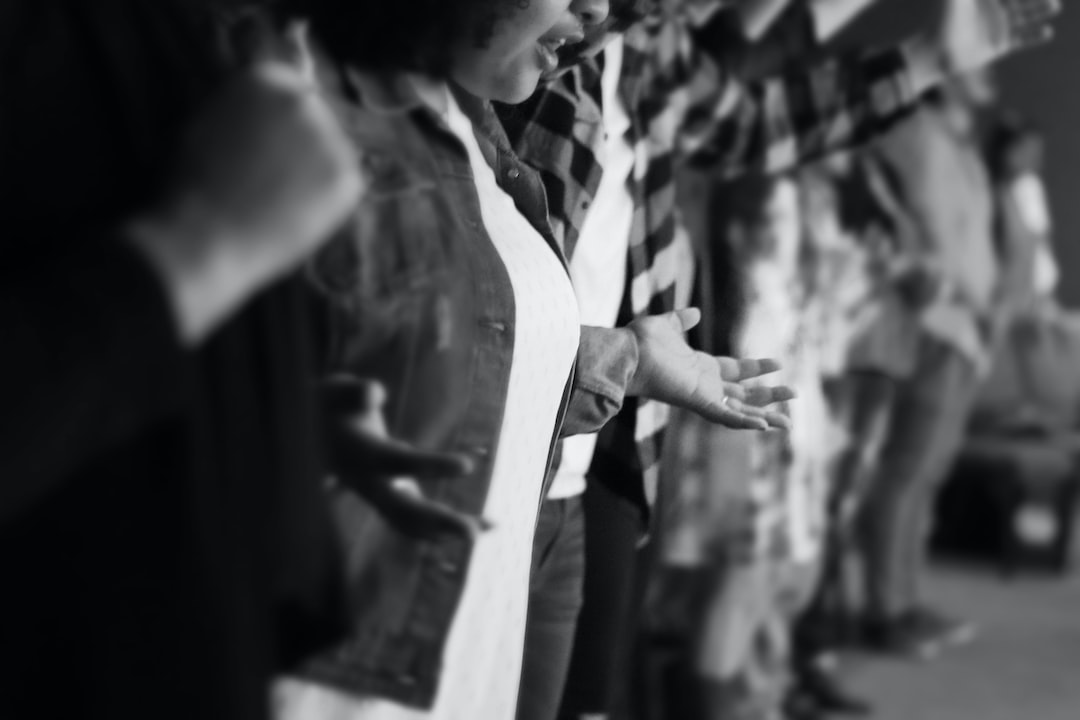Religion has always played a significant and influential role in the history and development of education. Traditionally, religious institutions have been the primary providers of education, and religion has been a dominant element of the curriculum. While religious education may seem outdated today, the role of religion in education still plays a crucial role in shaping our society and the values it holds.
The role of religion in education has its roots in ancient times. Various religions have always played a central role in transmitting knowledge, morals, and values across generations. Religious teachings have been used to develop a sense of morality and communal living within societies. They have also been used to instill ethical behavior and promote social harmony. In ancient times, religious schools were the primary form of education, and students were taught scripture, reading, writing, and arithmetic. These schools were not only places of learning but also a forum for exchanging ideas, developing virtue, and building social relationships.
As societies evolved and scientific discoveries emerged, religious teachings became less influential in schools, and secular education became the norm. However, religion has continued to play a role in our education system, whether we acknowledge it or not. Schools still incorporate religious teachings, faith-based values, and moral principles in their character-building curriculums. Religion is also a popular field of study in many educational institutions, where students are encouraged to explore different faiths and beliefs. Students who are interested in studying religion can choose from a wealth of programs offered by colleges and universities, ranging from religious studies, theology, and divinity, among others.
The role of religion in education is nuanced and multifaceted. Various aspects of religion can be incorporated into our educational system to promote moral and ethical behavior and build strong community values. Religion has always been associated with charity work, acts of compassion, and benevolence. Schools can infuse these qualities into their programs to develop a sense of empathy and compassion in students. Religious teachings instill the importance of human dignity, equality, and social justice, which can all be incorporated into school curriculums.
Religious teachings can also help foster interfaith dialogue and teach students to appreciate cultural diversity. Education should contribute to developing cultural competency that is essential to our globetrotting world. Here, religious teachings can be used to promote the importance of coexistence, respect for others, and celebration of differences. Religious education can also enhance students’ critical thinking and analytical skills, helping them learn how to question assumptions and evaluate ideas. This is essential to our increasingly complex world, where multiple perspectives must be considered before making decisions.
While the role of religion in education is invaluable, it must also be managed carefully. Religious education runs the risk of promoting intolerance and dogmatic thinking if not handled appropriately. In religious schools, there is a danger of children being indoctrinated into a particular belief system without being provided with a forum to question and scrutinize those teachings. This is why it is essential to encourage dialogue, critical thinking, and openness, even in religious education. This helps instill in students the importance of learning, exploring and engaging with new ideas in a respectful manner.
Another concern is the separation of church and state. Schools should never be allowed to promote one particular religion over another, as it violates the constitutional right of every individual to freedom of belief and religion. The relationship between religion and education should always remain respectful, inclusive, and supportive of every student, regardless of their beliefs or background.
In conclusion, the role of religion in education is crucial, providing students with a holistic education that integrates moral and spiritual teachings in the curriculum. Religious education can help in cultivating moral behavior, encourage cultural sensitivity and diversity, and foster critical thinking and analytical skills in students. Whether in religious or secular schools, education should promote empathy, respect, and inclusivity, and religious teachings can play an essential role in shaping the values and attitudes of students. However, care must be taken to ensure that such education remains inclusive and open to diverse beliefs and perspectives.

